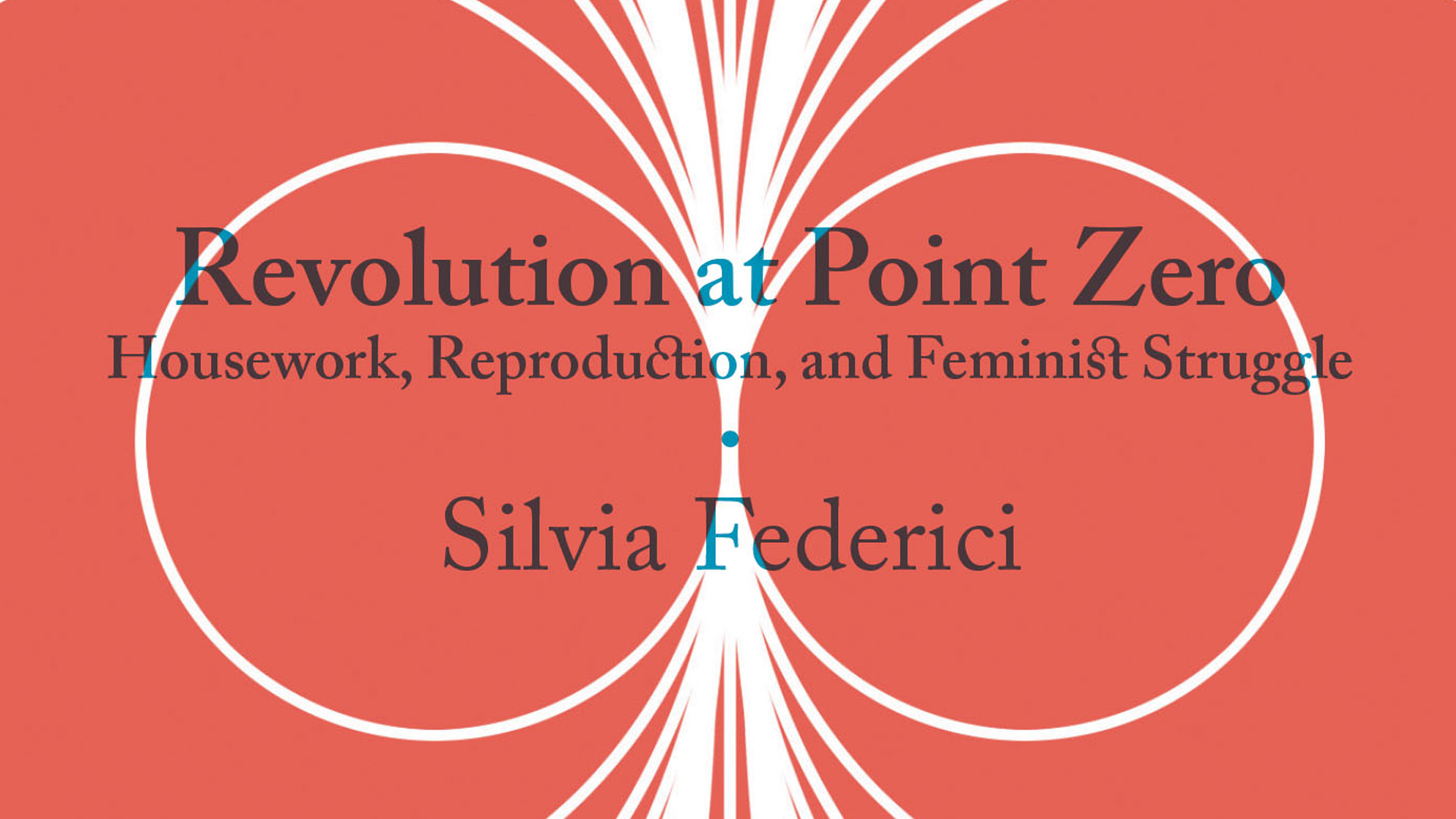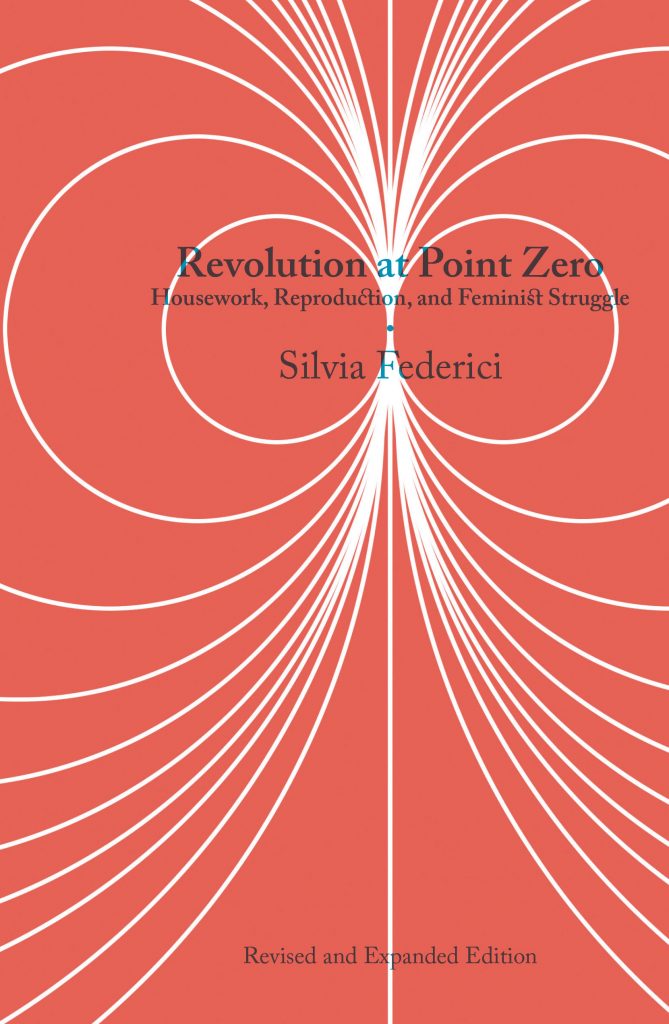by Nicholas Beuret
Red Pepper Magazine
October/November 2012
Revolution at Point Zero: housework,reproduction and feminist struggle
Silvia Federici
PM Press
The Problem with Work: Feminism, Marxism, Antiwork Politics and Postwork Imaginaries
Kathi Weeks
Duke University Press
It is no longer a question of being out of work. The question is: on whose terms will we be unemployed? The financial crisis has thrown millions out of work and destroyed the future possibility of decent work for millions more. Many, if not most, of the unemployed and unemployable are women. With the TUC calling for “A future that works” at its October 20 march, the recent publication of two books that pay attention to the legacies of feminist and anti-work traditions such as Wages for Housework is welcome.
Silvia Federici is a writer and militant who co-founded the International Feminist Collective, which launched the Wages for Housework campaign internationally. Kathi Weeks is an associate professor of women’s studies at Duke University. Accordingly their books differ in style and approach; however both develop aspects of a critique of work and the central role reproduction has to play in the transformation of our lives. Revolution at Point Zero is an edited collection of Federici’s work, including some of the earliest Wages for Housework texts; essays exploring the “war against women,” which she argues forms both the pre-history and current conditions of capitalism; and essays exploring the limits of care and the role of the commons. Federici has been working on all these issues for decades, most notably in Caliban and the Witch (Autonomedia, 2004).
In this edited collection several key analytical highlights stand out. The first is the insight that unwaged work—in the home and the colonies—is the foundation of capitalism. A campaign against unwaged labour, like the fight against colonial rule, was (and still is) crucial to “break the processes of capital accumulation.”
The second is the denaturalisation of gender roles: the fact that housework is not “women’s work” but emerged as a naturalised social role at the same time as (male) waged work. Both the housewife and the waged worker are capitalist social roles.
The third, and perhaps most important for current feminist movements, is that waged work has failed to liberate women. Federici argues that liberation is not to be found in refusing either reproductive labour or waged work but in the radical transformation of both.
Last is the insight that we need what Federici describes as ‘the commons’ as a means to create non-capitalist forms of collective reproduction. Commons are not a replacement for struggles over the wage but a necessary compliment. This insight has inspired Federici’s recent work in US social movements, building what has been termed “communities of care” or “self-reproducing movements,” and offers an inspiring starting point for post-Occupy strategising.
Weeks begins The Politics of Work with a focus on the pervasiveness of the work ethic and the centrality of work to capitalists and anti-capitalists alike. Her primary concern is to show how the imperative to ‘be productive’ constrains the potential of revolutionary movements. She sees our imaginations as captured by a particular understanding of what is economically and ethically valuable.
She convincingly shows how an imperative to be productive, at work, in the home, school and in life generally (“Five Top Tips for Productive Dating Profiles!”), is central to the way capitalism not only puts us to work but makes us want to be put to work. We think work is right and just, and when we imagine another world, even a ‘post-revolutionary world’, we imagine a world of work. Weeks argues that we need to break the hold that work has on our imaginations. She calls for “concrete utopianism”—a perspective that starts from what is possible now, even though it may seem impossible.
Starting from the possible utopian aspects of the present, Weeks, in a similar vein to Federici, calls for a re-centring of struggle around our everyday life against work. For Weeks, this starts from two linked demands.
The first is for a basic income, divorced from any “productive activity.” The idea is not to valorise unwaged labour as a form of work, or to recognise the economic value of everyday acts of reproduction, but to enable a life outside waged work. For neoliberal class warriors like David Cameron, it is precisely this disconnect between income and the wage, often found in aspects of the social wage such as the NHS and welfare benefits, that is the primary target of recent cuts.
The second demand is for shorter working hours without a reduction in wages. Without time to live differently away from waged work there is no possibility for creating a different world. Revolutionary movements and moments need time and it is precisely the question of what to do with that time, the question of how to live and (re)produce differently, that lies at the heart of both books.







